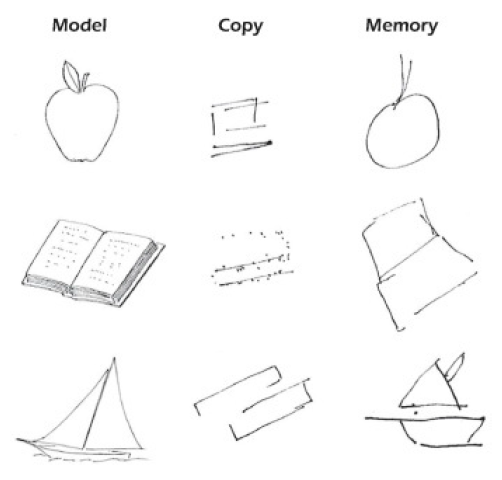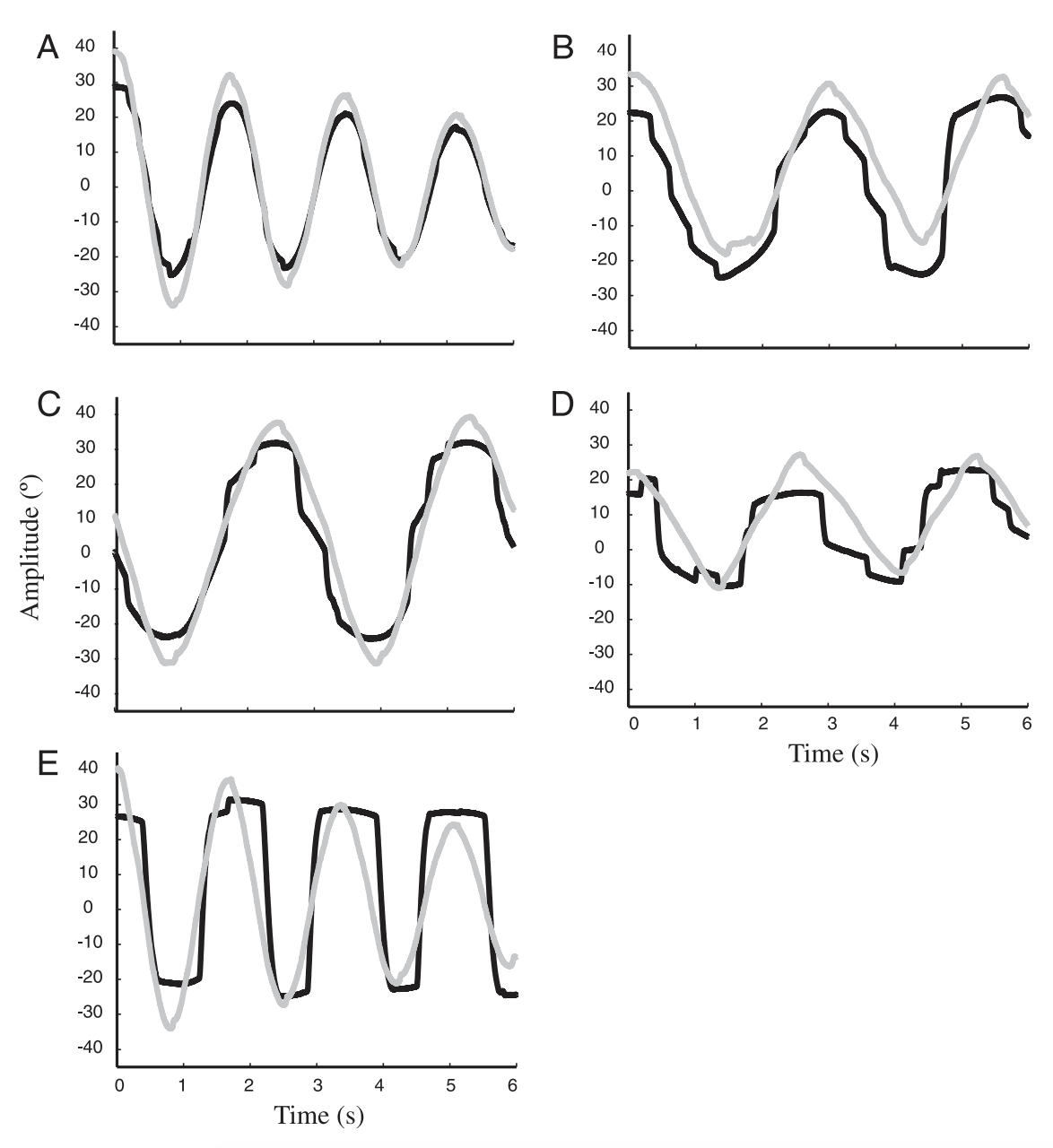Watched another “Personality” lecture: “Carl Jung and the Lion King (part 1)”.
I have kinda ignored the parts that I couldn’t readily apply to my own life – like Simba being little Jesus (I mean, of course he is, it’s just I can’t do anything with it), or discussions of the Nazi symbolism:
I.
I learned a new word:
comport /kəmˈpɔːt/
(comport oneself) (formal) conduct oneself; behave: “articulate students who comported themselves well in interviews”.
II.
[Sex and aggression], say, unlike thirst or hunger, are much more difficult to integrate into proper social being, and tend to be excluded and left unconscious. And so a lot of Freudian psychology – and I would say psychology in general – is focused on the integration of sexual impulses and aggressive impulses into the psyche.
I think that by “integrate” Peterson means “acknowledge that they exist – and they are a part of you, not something that simply happens to you from time to time”.
This is spot on. Until a couple of years ago my views on sex and aggression were basically “oh my god, this is so uncivilized” – to the point where I was successfully radiating an impression of being asexual. An impression of never being angry was harder to maintain, admittedly, but I think I would have still agreed that “it is never right to be angry” if asked.
I haven’t consciously tried to integrate them yet, but I will, and we’ll see how it goes. Or maybe I will see and you won’t see. I can’t promise that I will remember to write about it.
III.
“Posture helps with looking dominant, which in turn helps with being dominant.” I have already been working on my posture for unrelated reasons, but okay, thanks for extra motivation.
IV.
Something I don’t really understand:
[...] there’s an old idea that the way to full maturity is to find what you lost as a child and regain it. That’s a brilliant idea (and that echoes through myths all over the world), and that means you have to regain your capacity – once you’re disciplined and you know how to do something – you have to regain your capacity for play and, sort of, for wide-eyed wonder.
And that’s maybe the childlike part of your spirit, and the reintegration of that childlike part with the adult grown-up part revivifies the adult grown-up part and allows the child to manifest itself in a disciplined way in the world.
I’m tempted to link it to Kegan stage 5, where after figuring out your wants and relationships and principles and values and everything, you realize you actually don’t know all that much and you start hunting for unknown unknowns (which can be done by following your childish whims, among other things). But there is also likely another perspective on it, one that doesn’t involve Kegan almost at all, and I don’t yet know what it could be.
V.
Imagine you’re watching a gymnastics performance, right? And it’s [...] at a high level world-class performance. And someone comes out there, and they do this routine that’s just dead letter-perfect, you know. And they stop and everybody claps like mad, right, and it’s perfect.
And so then the next contestant comes out – and they’re basically in real trouble, because, you know, this person just got 9.7 out of 10 and it was perfect, so how do you beat perfect? And so [...] they come out there, and then you watch them, and you’re right on the edge of your seat – because what you see them do is something extraordinarily disciplined, just like the last person did, but they push themselves into that zone that’s just beyond their discipline capacity. And you can tell every second you’re watching it that they’re that close to disaster. And so you’re right on the edge of your seat, and you know that they’re doing a high-wire act without a net.
And so when they finally land triumphantly, you’ll all stand up and clap spontaneously. And it’s because you’ve just witnessed someone, who’s a master at playing a game, who’s also a master at improving how to play that game at the same time. And people love that more than anything.
I don’t actually realize that somebody is doing something extraordinarily disciplined when I watch a gymnastics performance. But anyway, the point about “master at improving how to play the game” is interesting. I see many more stories of the “I’m good at X” type than the “watch me become good at X” type, and I can’t say I like the second type of stories more, but I will watch out for those stories more closely in the future now that I’ve been pointed at the concept.
VI.
“Your flood will be caused by your own wilful blindness” (cf. Mufasa not keeping a close eye on Scar).
Alright, which floods will be caused by my own wilful blindness? I know at least one: all my projects will fail because I know there are problems with them and I am ignoring those problems. What else?
(Also see: Murphyjitsu.)








